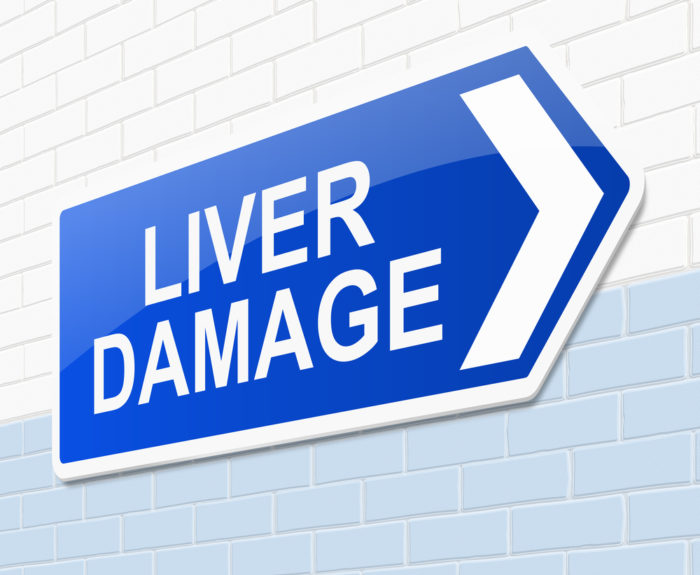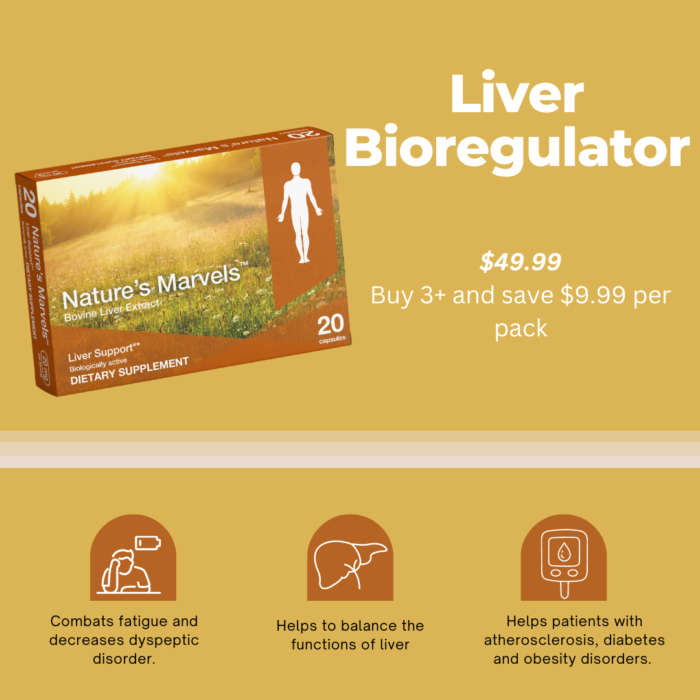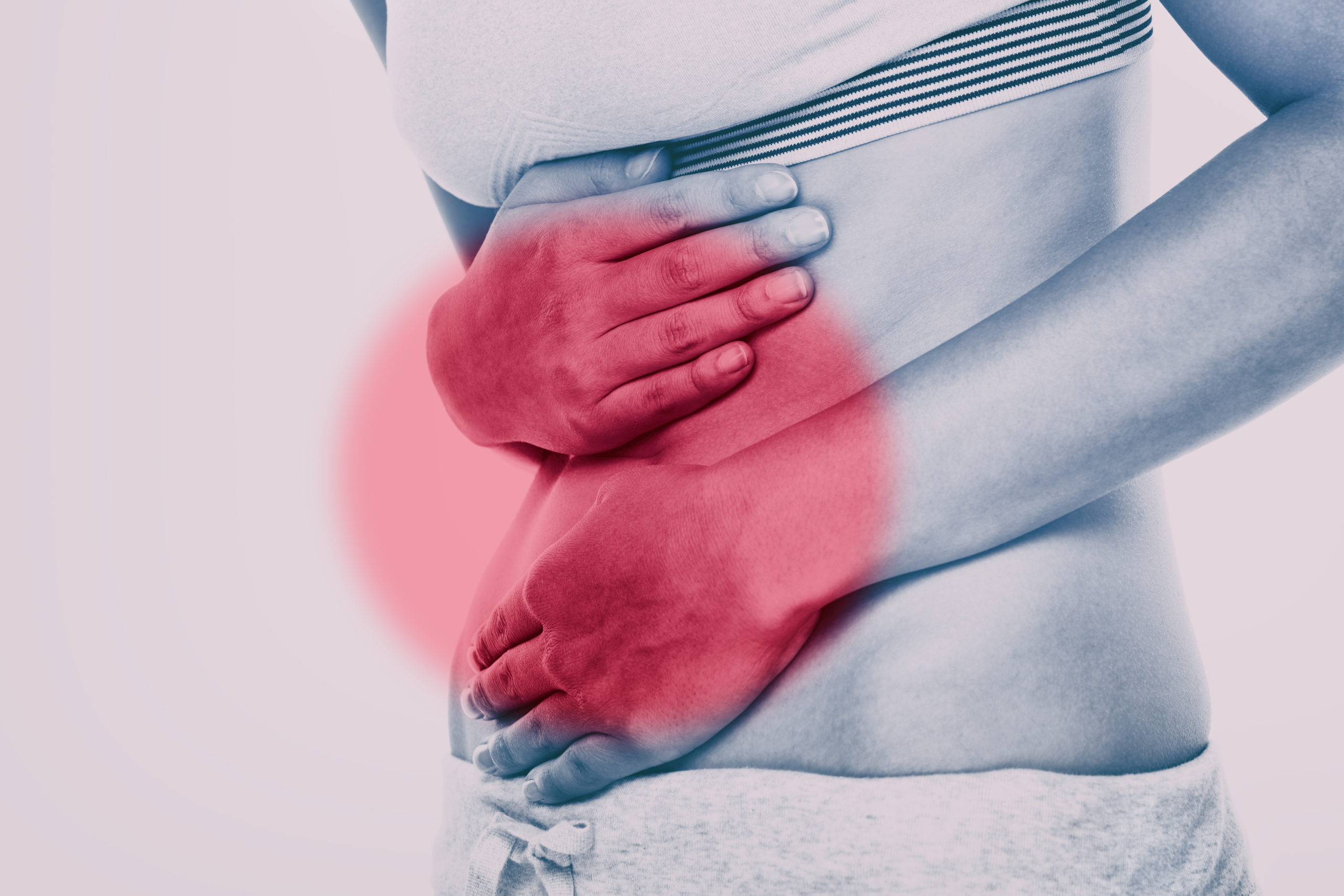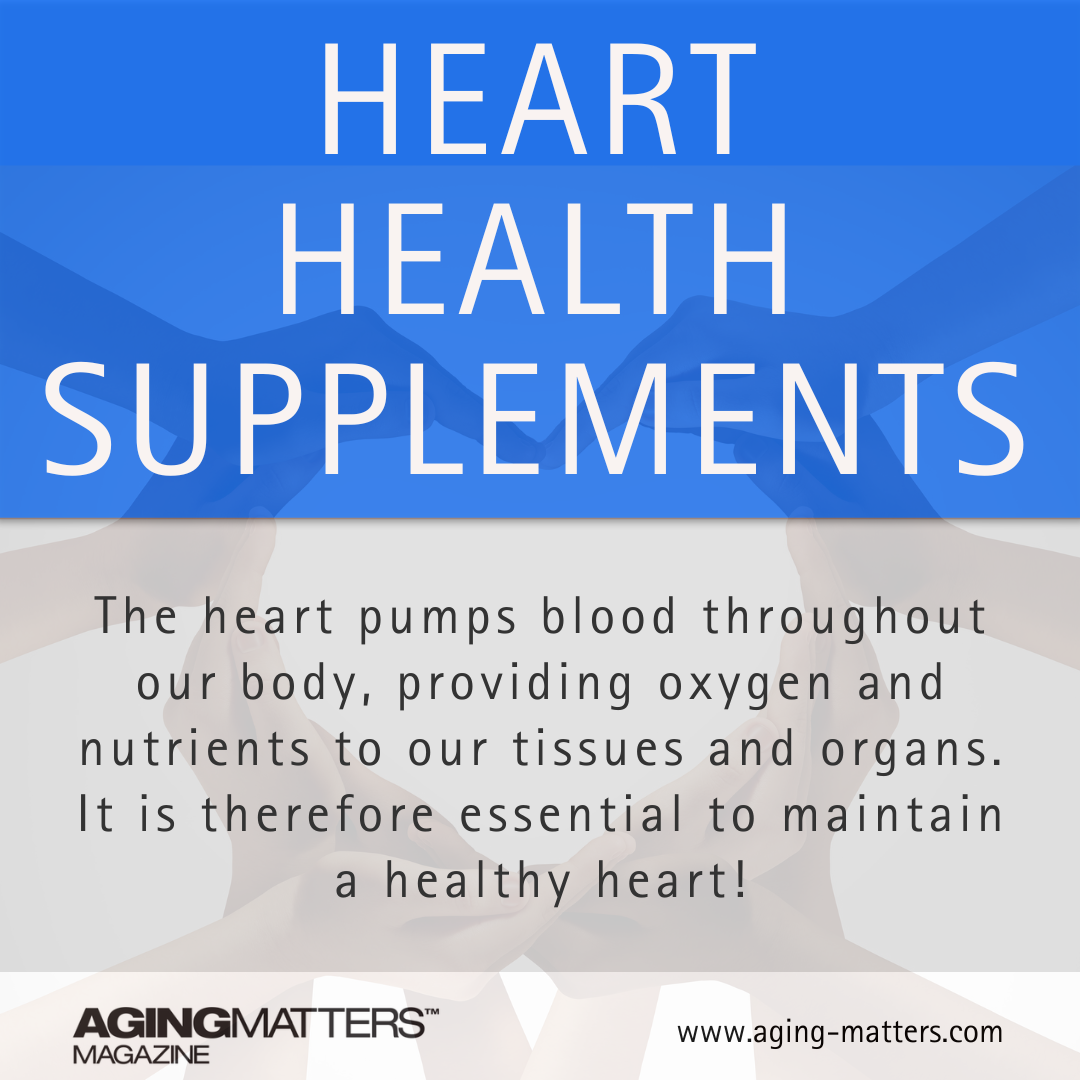
Alcohol liver disease increased by 21% during the pandemic
September 13th, 2021Liver disease – the silent killer.
The human body is built to repair itself and the liver is the only solid organ to regenerate. It is a remarkable organ and performs hundreds of vital functions including fighting infection, removal of waste products and storing nutrients. Three-quarters of people who are diagnosed with liver disease don’t know until it’s too late for effective treatment, liver disease is known as the silent killer.
58.6% increase of people reported that they were drinking at much higher levels during the pandemic.
During the pandemic in the UK alcoholic liver deaths increased by 21%, even though clubs, pubs and restaurants were closed or restricted during the national lockdown. Supermarkets sold an extra 12.6 million litres of alcohol. Comparing March 2020 and March 2021, there was a 58.6% increase in people reporting that they were drinking at much higher levels.
1 in 5 adults in the UK drinks alcohol in a way that could harm their liver.
Stress, loneliness and lack of access to alcohol support services have increased consumption. 1 in 5 adults in the UK drink alcohol in a way that could harm their liver and there is a misconception that alcohol liver disease only happens to those who drink all the time. That’s not true, binge drinkers can develop liver disease too.
A brain switch that triggers binge drinking has been identified by scientists.
There’s no denying it, wreckless alcohol consumption is bad for you. Globally, 741,300 of all new cases of cancer in 2020 were due to alcohol. In England and Wales, alcohol killed more people in 2020 than in any of the previous 20 years. Research has been done to find out how the brain works when it comes to binge drinking. During a recent study led by Professor Markus Heilig, a psychiatrist at Linkoping University in Sweden revealed, “We discovered a small group of nerve cells in a small region of the brain.”
Scientists have identified a brain switch that triggers binge drinking, it makes people continue downing wine, beer or spirits even when they’ve reached their limits. The team’s findings have resulted in the potential development of new drug therapies that could combat alcohol abuse disorders.
Alcohol-related harm during the pandemic is deeply concerning.
Public health England (PHE) published research suggesting that lockdown has affected heavy drinkers the most and they are drinking more. Rosanna O’Connor, Director of Drugs, Alcohol, Tobacco and Justice at PHE said, “Liver disease is currently the second leading cause of premature death in people of working age and this is only set to get worse. Harmful drinking is part of the recovery plan from COVID-19.” Jo Churchill, Minister for Public Health said, “The evidence of increased alcohol-related harm during the pandemic is deeply concerning.” She revealed that over £3.3 billion will be spent from 2021 to 2022 on public health services including alcohol treatment.
The World Health Organisation says that alcohol is the 3rd largest risk factor for ill-health.
The Institute of Alcohol Studies (IAS) is an independent body bringing together evidence, policy and practice from home and abroad to promote an informed debate on alcohol’s impact on society. Their purpose is to advance the use of the best available evidence in public policy decisions on alcohol. In December 2020 the IAS published a report in response to the World Health Organisations (WHO) Alcohol Action Plan. The Action Plan stated that the impact of alcohol in society remains enormous, not just the health implications but its contribution to violence, abuse, crime and road deaths. The global pandemic has made things worse and this is of great concern, read the full document here. WHO reported that alcohol is the 3rd largest risk factor for ill-health and people are reluctant to seek medical help because of stigmas and the relationship with alcohol disease.
Alcohol-related liver disease
Alcohol-related liver disease (ARLD) is caused by excessive alcohol consumption. With symptoms much like those of other illnesses and diseases, people experience feeling sick, weight loss, loss of appetite, yellowing of the skin and eyes and swelling in the ankles and tummy. Some suffer confusion, drowsiness, vomiting blood or blood in stools and normally, diagnosis of liver disease happens during tests for other illnesses.
There are 3 stages of ARLD and each stage often overlaps with the other.
Alcoholic fatty liver disease
If a large amount of alcohol is consumed over, even spread over a few days, it can result in a build-up of fats in the liver. It rarely causes any symptoms and it is reversible, if you stop drinking alcohol for 2 weeks your liver should return to normal.
Alcoholic hepatitis
This type of hepatitis isn’t related to infectious hepatitis, it can be a serious condition caused by alcohol misuse over time, short (binge drinking) or long. A person may be aware of liver damage. The liver damage is usually reversible if drinking is permanently stopped. A severe case of alcoholic hepatitis can be life-threatening, many people die from it every year.
Cirrhosis
Cirrhosis is when the liver becomes very scarred and there may not be any obvious signs still. In most cases, it is not reversible but further damage can be prevented if a person stops drinking altogether. Statistics show that less than 50% of people survive longer than 5 years.
Late diagnosis of liver disease has hit a crisis point.
Late diagnosis of liver disease has hit a crisis point. There is a lack of understanding of the overlooked disease and research is underfunded. Awareness is vital because 90% of liver damage is preventable with lifestyle changes. The cruel fact is, only 13% of patients diagnosed with liver cancer survive for five years or more.
If you have concerns about liver function or your alcohol consumption please contact your doctor for advice.
Products worth mentioning for liver health:
Liver Bioregulator (Nature’s Marvels™): Helps to normalise the function of the Liver
May be used to help balance the functions of LIVER and combat diseases such as hepatitis, whilst combating fatigue and decreasing dyspeptic disorders. It may also help patients with atherosclerosis, diabetes and obesity disorders.
More information available here: https://www.antiaging-systems.com/products/liver-bioregulator-natures-marvels/
Liver and Gastrointestinal Tract Lingual Bioregulator (Ovagen®) Sublingual drops : Normalizes the function of liver and gastrointestinal tract
Ovagen® is a peptide complex containing amino acids that contribute to the normalization of liver and gastrointestinal tract function.
A clinical study of Ovagen® established its effectiveness in the complex treatment of patients suffering from hepatitis of various etiologies, in preventing complications of radiation or chemotherapy and side effects when using antibiotics and other drugs, as well as the effects on the body of various adverse factors ), with malnutrition, as well as to maintain liver function in amongst elderly people.
More information available here: https://www.antiaging-systems.com/products/liver-and-gastrointestinal-tract-lingual-bioregulator-ovagen-sublingual-drops/
Further Reading:
Action plan document
https://www.ias.org.uk/wp-content/uploads/2020/12/cr92122020.pdf
ARLD
https://www.nhs.uk/conditions/alcohol-related-liver-disease-arld/
Ibedenone
https://www.antiaging-systems.com/products/idebenone/#description
Website
https://www.antiaging-systems.com/health-condition/liver-disorders/









